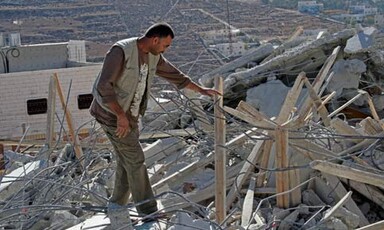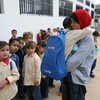
Israeli Supreme Court states that military-only mortgage benefits don't discriminate
13 December 2006
Today, the Supreme Court approved the use of the military criterion, which severely discriminates against Arab citizens. This ruling contradicts previous decisions of the Supreme Court which specify that the disparate impact test is the test which should be employed to determine the existence or otherwise of discrimination. Therefore, Adalah will request a second hearing before an extended panel of justices with regard to this ruling. On 13 December 2006, the Supreme Court of Israel rejected a petition filed by Adalah on 29 December 2005 against the Ministry of Construction and Housing. Read more about Israeli Supreme Court states that military-only mortgage benefits don't discriminate








